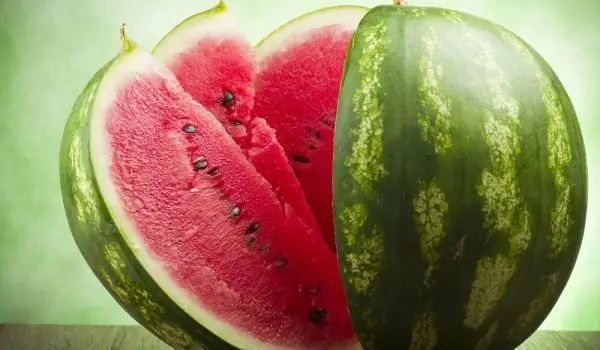2025 Author: Jasmine Walkman | [email protected]. Last modified: 2025-01-23 10:18
The honey sold in our country is full of pesticides, antibiotics and GMOs, beekeepers warn. According to them, the blame for this lies with the farmers who break the law.
Iliya Tsonev, who has been in the field of native beekeeping for 20 years, told the media that Bulgarian honey has not been a useful food for a long time, as it is rich in antibiotics, pesticides and GMOs.
According to beekeepers, the biggest culprits for GMOs in native honey are farmers who obtain genetically modified organisms in the plants from which bees collect pollen.
Despite the strict bans on planting genetically modified organisms, farmers in our country break the law and no one punishes such offenses.
Pesticides in honey are due to the nectar that insects collect from crops whose seeds have been treated with neonicotinoids. These are toxic preparations that are used against pests. They are absorbed by the seed, and subsequently - by the whole plant and all surrounding plants.

In order to prove that honey contains harmful substances, a special test must be conducted, which the Bulgarian Food Safety Agency does not do.
The quality of honey is checked only at the request of the producer or trader, if he wants to be sure of the product he offers.
In quality honey should monitor a total of 10 indicators, such as taste, color, sucrose and water content. Safety tests are mandatory, but veterinarians cannot cover all beekeepers.
In addition, honey research is very expensive. 100 BGN are given separately for each antibiotic. Native beekeepers cannot allocate such sums. Therefore, only honey that is for export is tested.
The only laboratory in which Bulgarian honey is tested is located in Bremen, Germany.
For the Bulgarian market, however, remains the untested commodity, which is rich in antibiotics and pesticides.
Due to the rains and bad weather, beekeepers in some parts of the country report zero yields of some types of honey, and of other species - very low.
Recommended:
We Eat Less And Less Native Cheese And More And More Gouda And Cheddar

The sale of white brined cheese in Bulgaria is much lower compared to the consumption in 2006, shows an analysis of the Institute of Agrarian Economics, quoted by the newspaper Trud. Consumption of yellow cheese in our country has also fallen.
Lemons Full Of Pesticides Are Found In Our Markets

The Bulgarian Food Safety Agency has found large quantities of Turkish lemons containing pesticides in excess of the permissible level. Dangerous fruits have been returned to our southern neighbor. The risk of falling on these lemons is minimal, the BFSA assures, as most of the dangerous goods are detained at the Turkish-Bulgarian border.
Due To Illegal Pesticides, Our Vegetables Are Full Of Poisons

The illegal import of plant protection products in our country has doubled, announced Dr. Petar Nikolov, chairman of the Bulgarian Plant Protection Association, to Trud. These products are carcinogenic and dangerous for fruits and vegetables, as well as for bees.
Worrying News: Imported Apples Full Of Pesticides

It turns out that imported apples that are sold in our country are full of pesticides. The data show that more than 50 different pesticides were found in soil and water samples taken for analysis in April this year. from apple orchards in 12 countries of the European Community.
The First Watermelons In The Markets - Full Of Pesticides And Nitrates

The first for the season watermelon the native markets were already flooded and people rushed to buy the juicy fruit. But leading Bulgarian agronomists recommend that you refrain from buying them. It turns out that the fruits are of extremely low quality, in addition they are full of pesticides and nitrates, leading Bulgarian agronomists warn.

